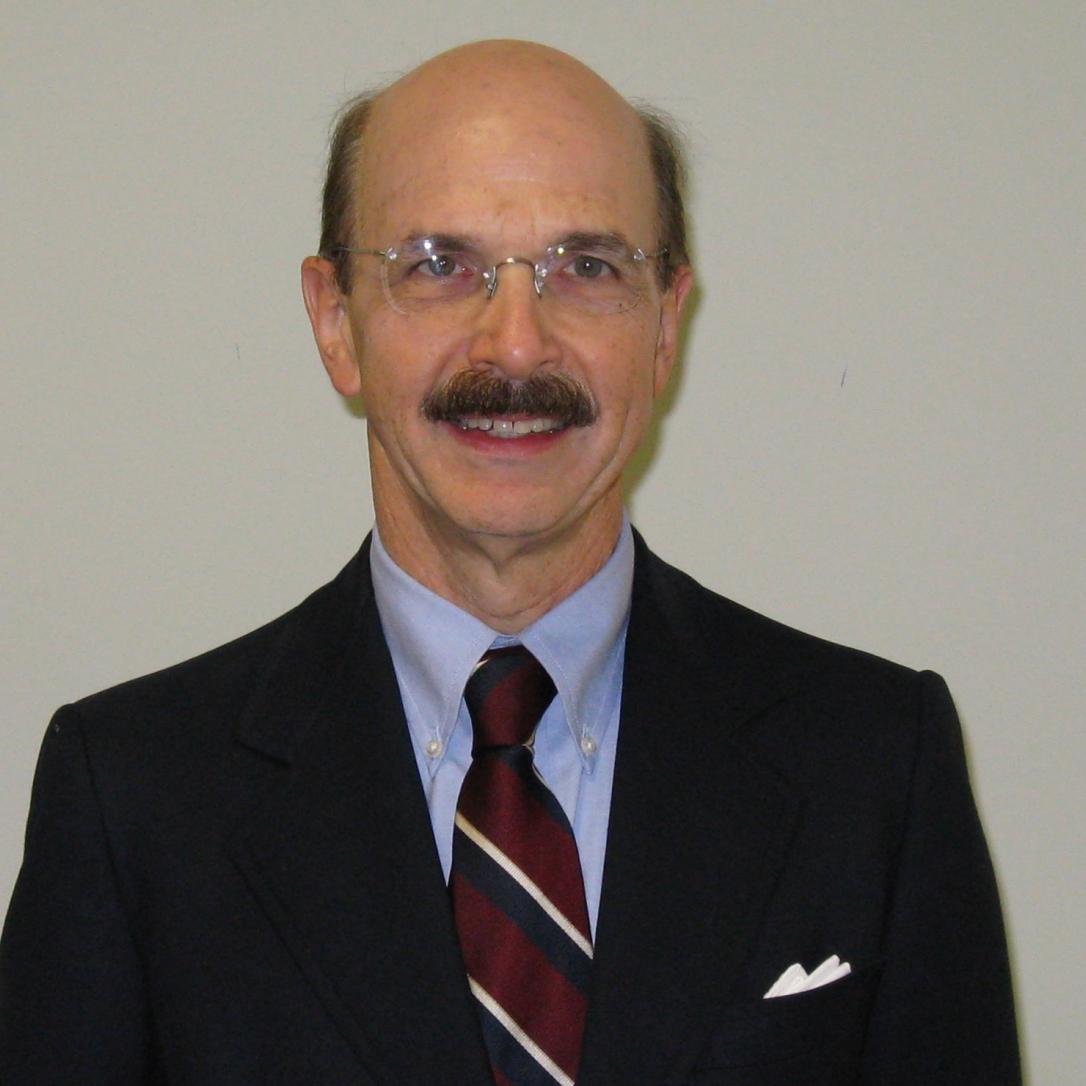Business as usual: another competition, another win for Tandon’s trading teams
Congratulations to the winners of the 11th Annual IAQF Academic Affiliate Membership Student Competition

Browse the NYU Tandon website and you’ll see numerous headlines that appear similar: “NYU Tandon Team Excels in Prestigious International Trading Competition,” “FRE Trading Teams Shine in Annual University Trading Challenge,” “Finance and Risk Engineering Students Excel at National Financial Trading Competition,” “Tandon Team Trades with the Best of Them.”

The phenomenon can’t be blamed on an unimaginative headline writer. As Professor of Finance and Risk Engineering Ron Slivka, who has coached FRE’s trading teams for several years, points out, the department has fielded winning teams in various competitions for the last seven years straight — and has the glass case full of trophies to prove it. “Not all competitions award trophies to their winners,” says Slivka — a physicist by training and one of Wall Street’s earliest quants, as those who look at financial problems via quantitative methods are now called. “But after almost every competition we participate in, we come home with bragging rights, resume-enhancing achievements, and a well-deserved sense of accomplishment.”
FRE’s latest triumph occurred at the Eleventh Annual Academic Affiliate Membership Student Competition, organized by the International Association for Quantitative Finance. This year, participating teams were given a complex problem: “It is generally accepted that one cannot predict the price of an individual security, but many believe that it may be possible to predict (or determine) the ‘hidden’ state of the market (bear, bull, or static). There are a variety of approaches that could be used: hidden Markov models, Kalman filters, random forests, neural nets, genetic programming, etc. There is obvious value in the ability to predict (or even determine in real-time) the market state as it can inform the trade positions that one holds. Using use the daily price series of the Russell 3000, develop a technique to predict (or determine) the state of the market: bear, bull, or static and prove the validity of your approach by comparing a trading strategy based on the technique against a buy-and-hold strategy for the years 2018 to 2021.”
While that challenge would be impossible for the vast majority of people, FRE students were undaunted: after submissions had gone through a blind, multilevel selection process and were reviewed by a judging panel comprised of IAQF Board Members, two of the six winning teams hailed from Tandon. While Tandon was the only program with multiple winners, that was not unusual for the school. This was actually the third year in a row FRE had placed more than one team in the IAQF winners circle.
Team members often assert that much of the credit for their stellar performances goes to Slivka, whose experiences managing an options portfolio using an innovative mathematically sophisticated hedging strategy at JP Morgan; becoming the first Ph.D. on the trading floor at Salomon Brothers; and designing quantitative derivative solutions for a wide variety of corporations, financial institutions, and investment funds as they sought to control market risks and enhance asset returns proved to be the perfect background for coaching trading teams to victory.
He demurs. “The teams would not be able to function without program manager Zahra Patterson, and, of course, congratulations belong mainly to our bright students who work so diligently and capably,” Slivka says. “I’m happy to help them excel in competitions like these, which supplement more formal class work in an important way by requiring them to think of and create solutions that are both Out-of-the-Textbook and Out-of-the-Classroom, blending theory and practice."
“Our late chair, Peter Carr, used to say that FRE’s consistent competition performances played a significant role in raising the program’s ranking, which is now near the top among U.S. universities,” says acting chair Barry Blecherman, “and I heartily concur.”
This year’s IAQF winners:
Team Five+1 Guys
- Jiaqi Liang (captain)
- Chi Wang Chau
- Guojun Chen
- Jiarui Li
- Wenyi Huang
- Wu-Yen Sun
Team Alpha
- Xingyuan Ding (captain)
- Levi Lan
- Jie Zhou
- Shuman Pan
- Qiaomin Wang
- Chenwei Wu




